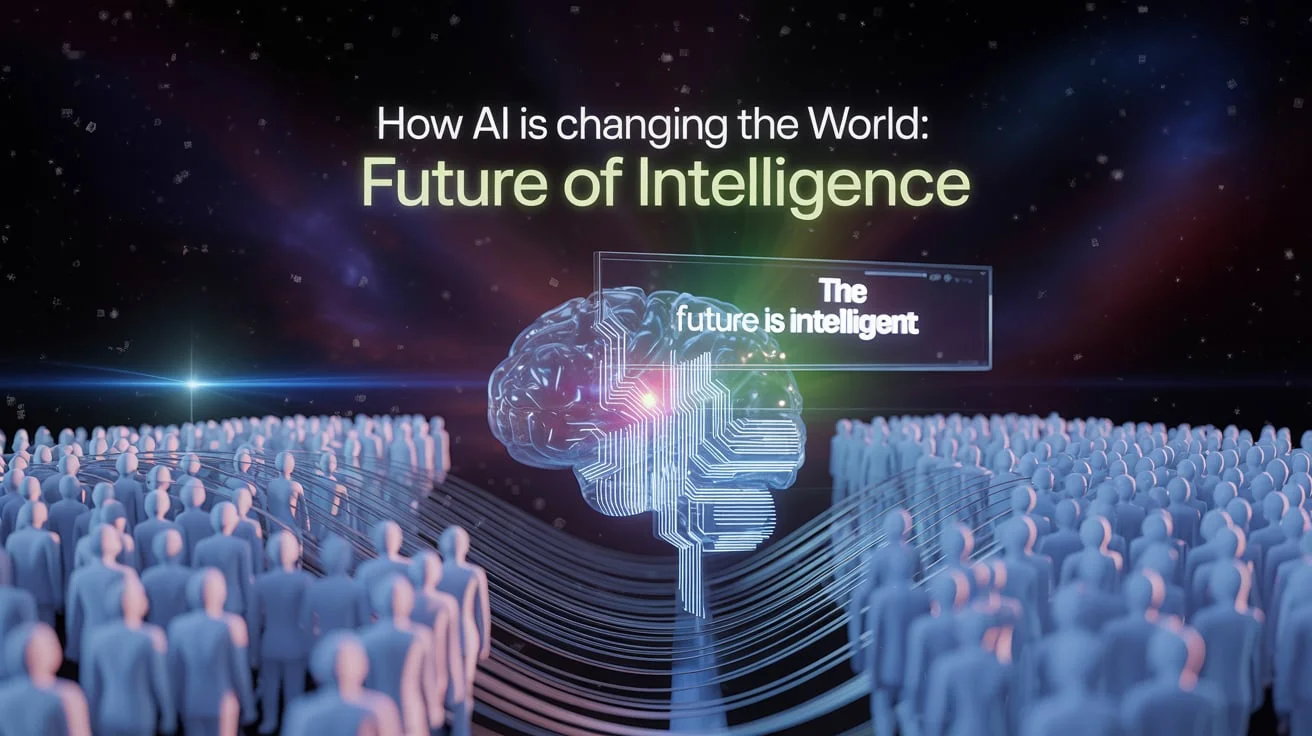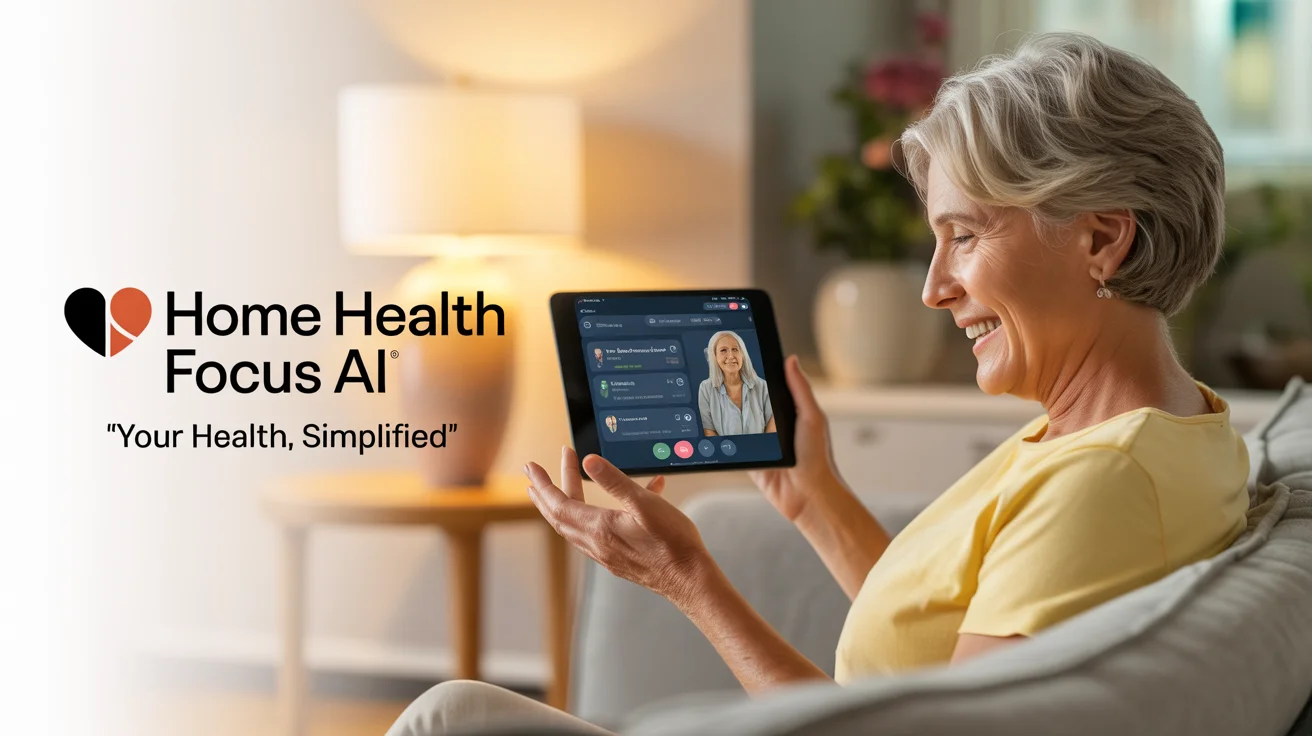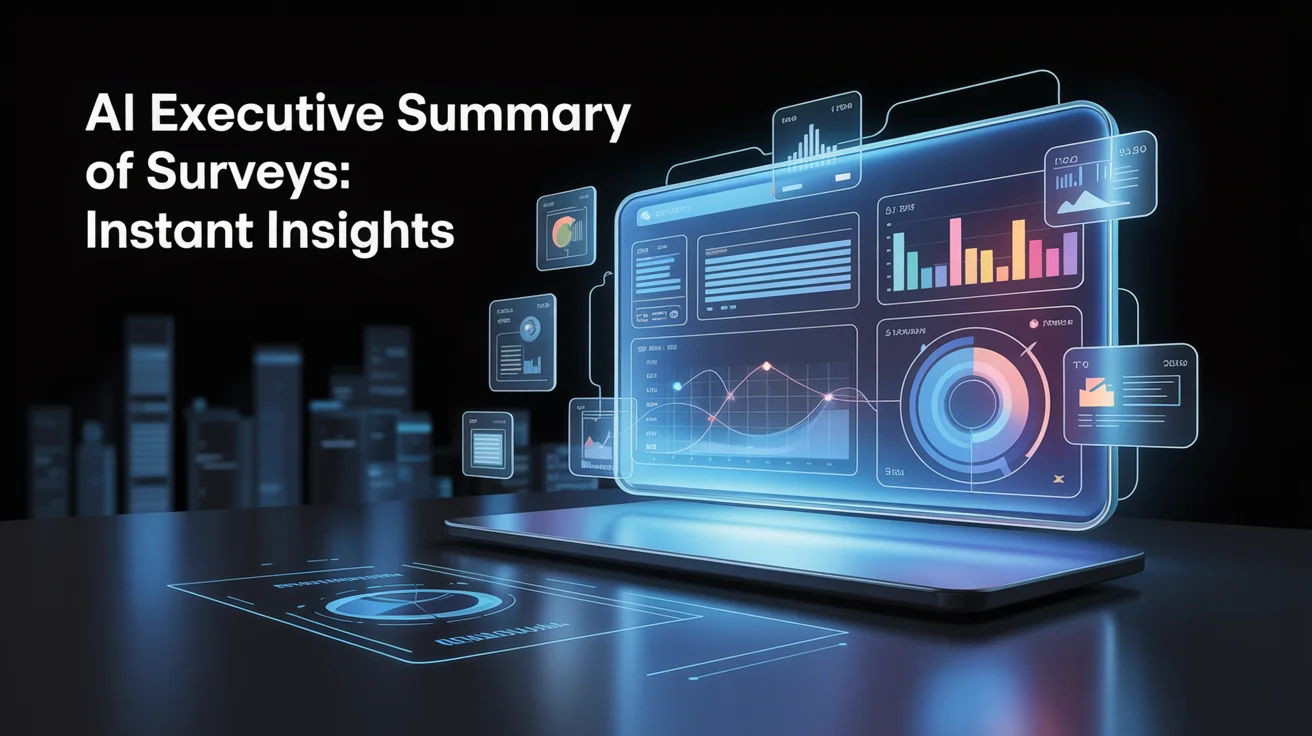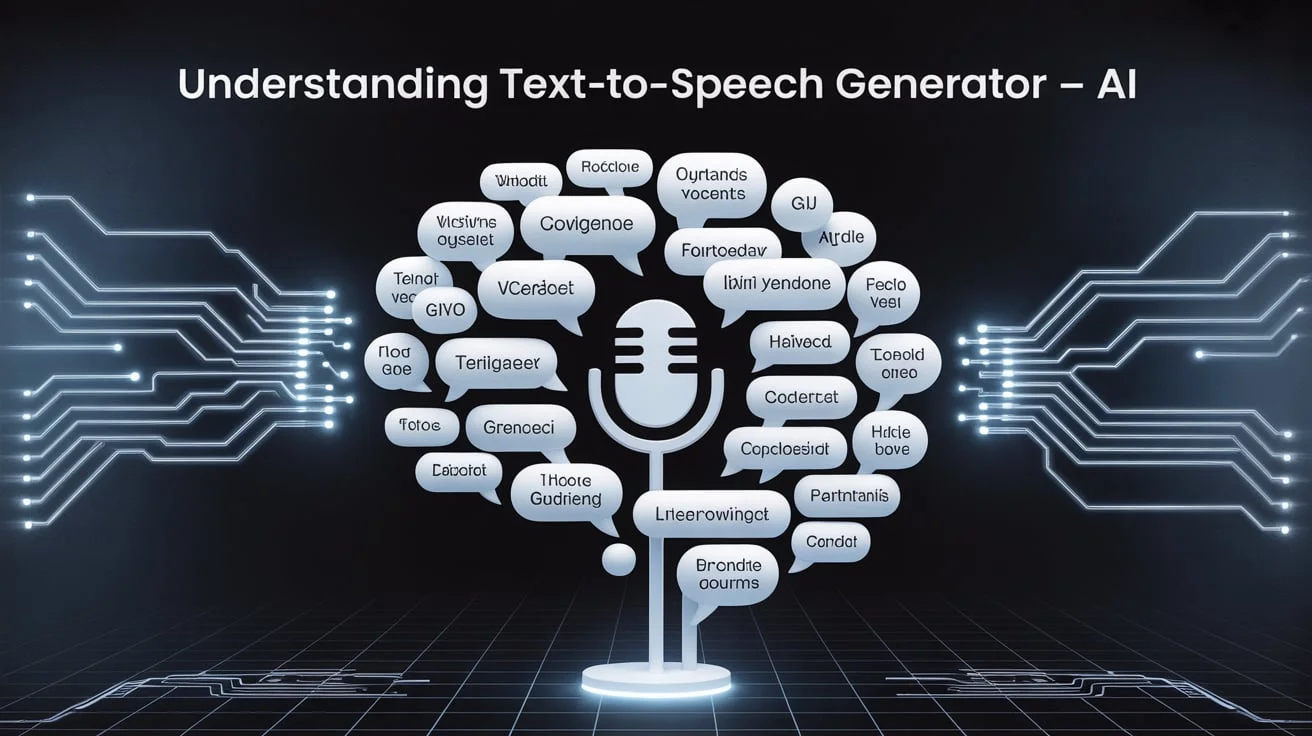In the modern world, artificial intelligence (AI) is no longer science fiction. It is real, evolving, and transforming everything around us. From smartphones to smart cities, AI has quietly become the core engine of innovation.
This article will explore how AI is changing the world by reshaping industries, improving lives, and creating a more connected future. As we explore its global impact, you’ll discover both the exciting benefits and the deep challenges AI brings.
Revolutionizing Healthcare With Smart Diagnosis
AI is revolutionizing the medical field faster than anyone could have imagined. It helps doctors detect diseases early, predict outcomes, and personalize treatment.
AI-powered tools like image recognition systems can now diagnose conditions like cancer or pneumonia more accurately than human radiologists.
Furthermore, AI chatbots and virtual nurses offer mental health support, reducing the burden on healthcare professionals.
With wearable devices powered by AI, patients are also tracking their health in real time, preventing emergencies before they happen.
Transforming Business Operations and Productivity
Businesses are quickly adapting AI to optimize operations and increase productivity. AI tools automate repetitive tasks, allowing employees to focus on strategy and creativity.
AI is driving more intelligent decision-making, from intelligent chatbots handling customer queries to advanced analytics predicting sales trends.
Moreover, supply chains have become more efficient, and customer experiences are now personalized using AI algorithms. These changes cut costs and create faster and more responsive business environments.
Enhancing Education With Personalized Learning
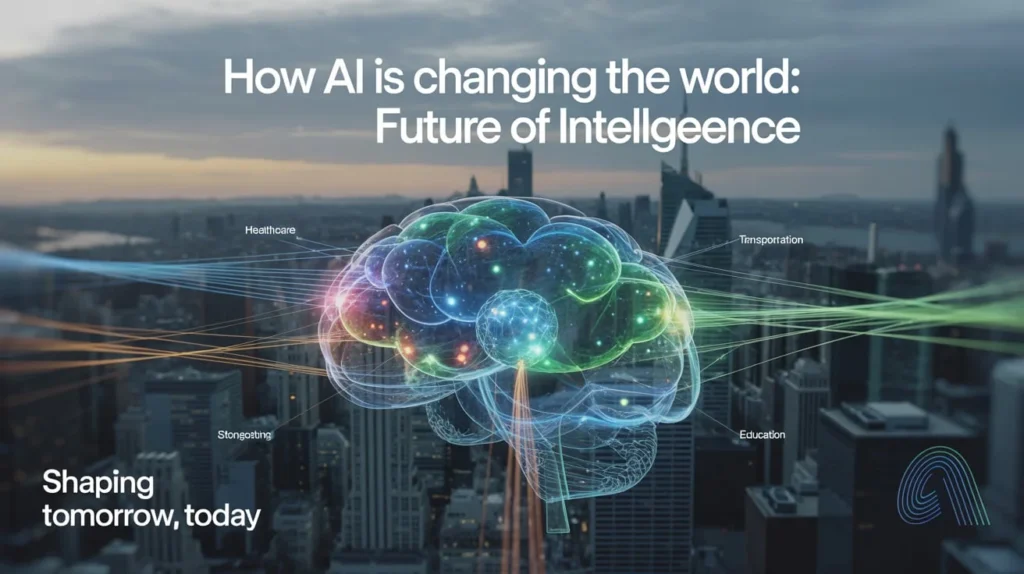
AI is also transforming how we learn. It adapts content to match the student’s learning pace, strengths, and weaknesses. Whether in classrooms or through online platforms, AI provides tutors who understand every learner individually.
This ensures equal access to knowledge and bridges educational gaps across the world.
- AI tools like ChatGPT and Khan Academy assist with assignments and explanations.
- Learning platforms use AI to track progress and suggest content.
- Teachers use AI to identify struggling students and offer timely help.
Empowering Agriculture Through Smart Farming
Thanks to AI, agriculture is now getting a digital makeover. Farmers use AI-based tools to monitor soil health, predict weather, and detect crop diseases. These insights help improve crop yields and reduce resource waste.
As a result, farming is becoming more precise, sustainable, and productive.
- Drones with AI monitor large fields in real time.
- AI software predicts the best time to plant or harvest.
- Sensors powered by AI detect pests early and prevent damage.
Making Transportation Safer and Smarter
AI is at the heart of intelligent transportation systems. Self-driving cars use AI to navigate roads, detect objects, and avoid accidents. This reduces human error and improves road safety.
Traffic management systems now rely on AI to ease congestion and reduce travel time, especially in large cities.
Redefining Customer Service and Experience
Customer service has never been faster and more efficient. AI chatbots are available 24/7, answering common questions and resolving issues. They provide instant support while saving companies time and money.
At the same time, AI personalizes content based on your behavior and preferences, making each customer feel valued.
Fighting Climate Change With Smart Solutions
AI is vital in tackling global climate issues. It predicts environmental changes, tracks pollution levels, and suggests eco-friendly solutions. Energy grids now use AI to reduce consumption and switch to renewable sources.
These efforts are helping create a cleaner and more sustainable planet.
- AI tools detect illegal deforestation through satellite images.
- Smart thermostats adjust energy use based on patterns.
- Climate models powered by AI predict future weather shifts.
Boosting Creativity and Innovation in the Arts
Artificial intelligence is unlocking new levels of creativity in art and expression. Today, AI-powered tools help artists visualise concepts, mix styles, and even complete complex pieces. It’s not replacing the artist, it’s expanding what artists can do.
Writers, designers, and musicians are using AI to experiment with new storytelling, design, and sound forms. From AI-generated paintings to algorithm-based music compositions, the boundaries of what’s possible are expanding rapidly.
As a result, human creativity is reaching new heights with the help of intelligent systems.
Creating New Jobs and Skills for the Future
While many fear AI will replace human workers, it also creates entirely new career paths. From data labelling to machine learning operations, new roles are emerging fast. These opportunities require a blend of digital literacy, creativity, and adaptability.
As AI evolves, so do the skills needed to work alongside it. Soft skills like communication and problem-solving are becoming more valuable than ever. At the same time, people are learning to work with AI tools in fields like marketing, finance, and customer support.
Let me know if you’d like bullet points added under this section, or if you’d like me to continue with the following heading.
Key Areas Where and how AI Is Changing the World
Here’s a quick summary of the powerful ways AI is reshaping our world today:
- Healthcare: Smart diagnosis, patient monitoring, and virtual support
- Business: Automation, data insights, and customer personalization
- Education: Adaptive learning platforms and smart content delivery
- Agriculture: Crop monitoring, pest control, and smart irrigation
- Transportation: Autonomous driving and intelligent traffic systems
- Environment: Climate modelling and renewable energy management
- Creativity: AI-generated music, art, and storytelling
- Governance: Legal AI tools and innovative public service systems
- Jobs: Emergence of new careers and demand for tech skills
Conclusion:
It’s clear that how AI is changing the world is not just a question; it’s a reality. Every industry, from health to education, art to governance, is being reshaped. But with power comes responsibility.
As we unlock new possibilities, we must ensure AI is used for the benefit of all. The future is not just powered by intelligence, it’s powered by collaboration between humans and machines.
Let’s embrace AI wisely and build a smarter world together.
Frequently Asked Questions:
Q1. Is AI dangerous for humans?
No, AI itself is not dangerous. But like any technology, it must be used ethically and responsibly.
Q2. Will AI take away all jobs?
AI will replace some jobs but create many new ones. The key is to learn skills that complement AI.
Q3. Can AI be creative like humans?
AI can assist in creativity, but genuine emotion and context still come from human minds.
Q4. How is AI used in daily life?
AI is already part of our everyday routine, from voice assistants to Google Maps.
Q5. Is AI good or bad for the future?
It depends on how we use it. With the right intentions and controls, AI can be a significant force for good.

